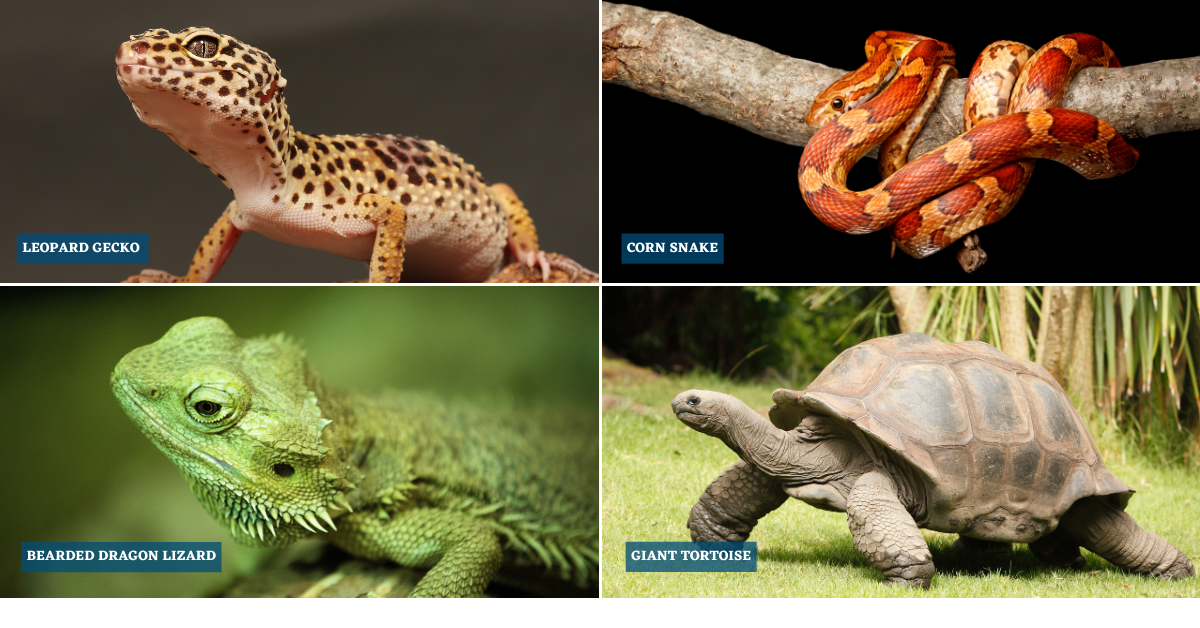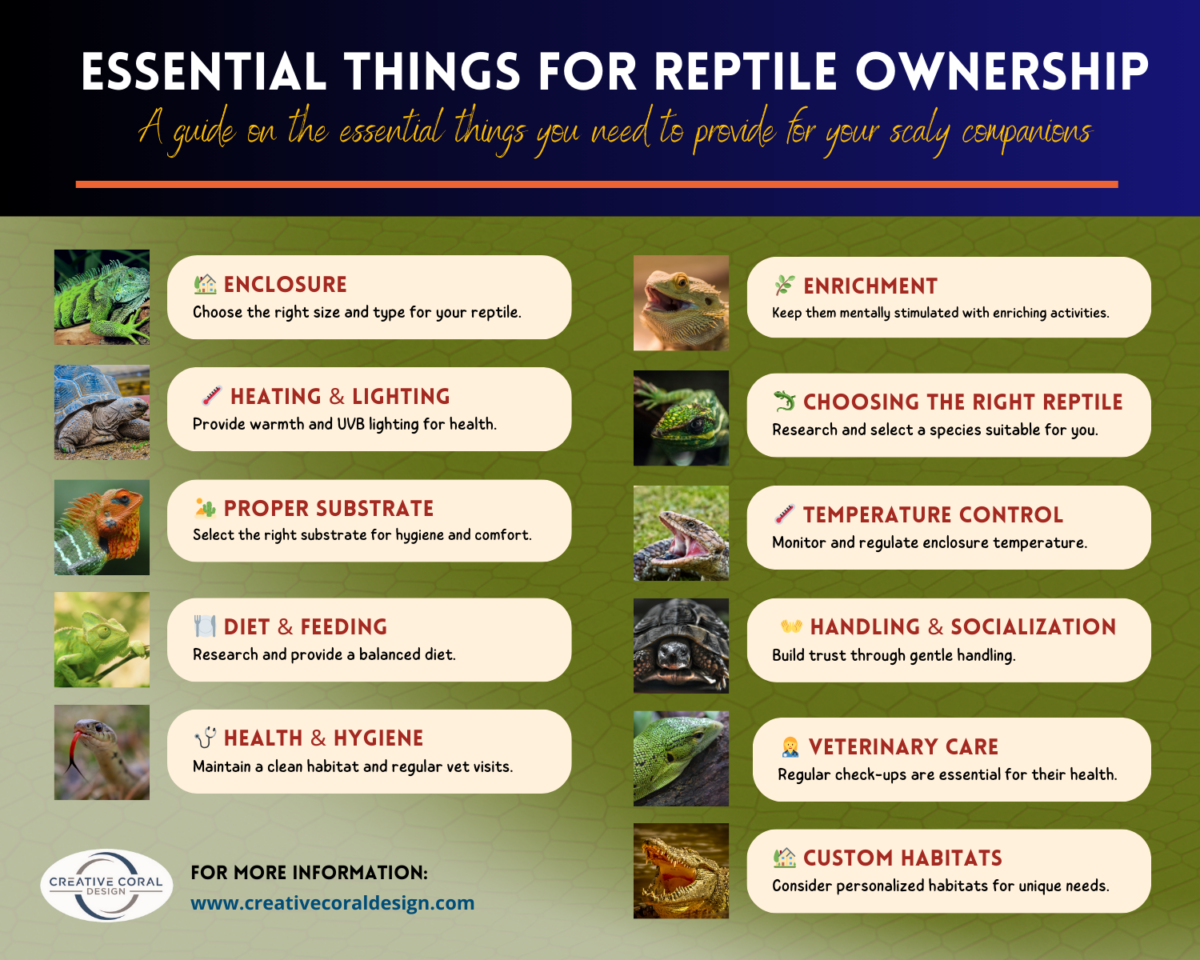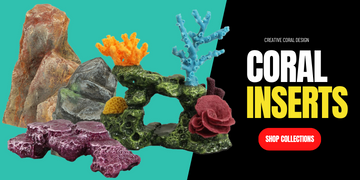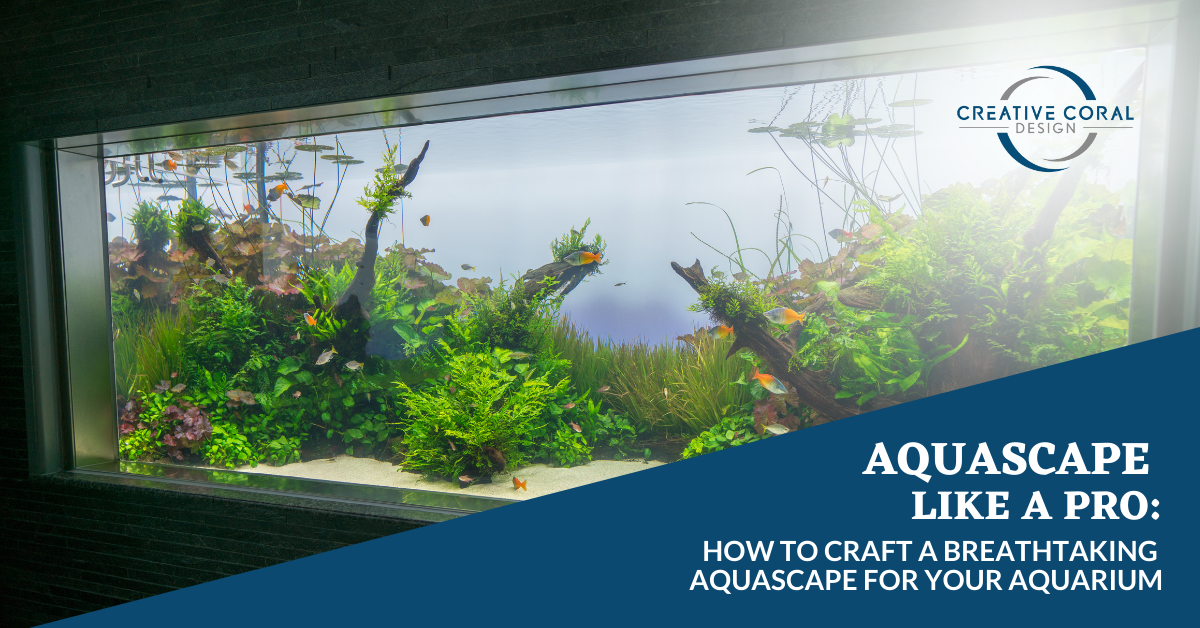When it comes to choosing a pet, reptiles often stand out as unique and fascinating companions. The world of reptile ownership offers a captivating mix of serpents, lizards, and turtles, each with its own distinctive charm. If you are considering taking on the responsibility of caring for a reptile, it’s crucial to understand their specific needs and the benefits they bring to your life. In this article, we will explore the essentials required for reptile ownership and the numerous advantages of having these scaly friends by your side.
Table of Contents
Why Choose a Reptile as a Pet?
Reptiles make fantastic pets for various reasons, but their unique characteristics set them apart from traditional furry friends. Here are some compelling reasons to consider welcoming a reptile into your home.
1. Exotic and Unique Pets
The sheer diversity of reptile species ensures that you can find one to match your aesthetic preferences. Unlike the more prevalent domestic pets, reptiles offer a sense of intrigue and mystery. Their diverse appearances, ranging from the colourful scales of snakes to the majestic crests of bearded dragons, reptiles offer a wide range of visual appeal.
2. Low Maintenance and Space Requirements
One of the significant benefits of owning a reptile is their relatively low maintenance needs. Unlike dogs or cats, reptiles don’t require daily walks or constant attention. They thrive in low-maintenance environments, requiring less space and making them ideal for busy individuals or those looking for a more independent pet. Their enclosures are often compact and can be adorned with various reptile-friendly decorations.
3. Fascinating Behaviors
Reptiles exhibit intriguing behaviors that can be both entertaining and educational. From the chameleon’s incredible camouflage abilities to the bearded dragon’s “wave,” these creatures never cease to amaze.
4. Long Lifespan
Many reptiles boast impressive lifespans, which means you can enjoy their companionship for decades. Some tortoises, for example, can live well over a century, becoming generational pets.
Benefits of Reptile Ownership
1. Unique Companionship and Connection
Reptiles offer a distinct form of companionship that can be deeply rewarding and fulfilling.
Calm and Peaceful Presence: The calming presence of reptiles has been known to reduce stress and anxiety. The relaxed nature of reptiles, combined with their serene movements, can create a peaceful and tranquil atmosphere in your home.
Building a Bond with Your Reptile: Reptiles may not express affection in the same way as traditional pets, but they can form genuine bonds with their owners. By investing time and effort into their care, you can develop a unique connection that brings joy and a sense of fulfillment.
2. Educational and Learning Opportunities
Reptile ownership presents valuable educational opportunities for both children and adults.
Study of Reptile Behavior and Biology: Observing and studying your reptile’s behavior can lead to a deeper understanding of their biology and natural instincts. You can learn about their hunting techniques, reproductive habits, and overall behavior within the context of their natural habitat.
Learning Responsibility and Care: Caring for a reptile instills a sense of responsibility in owners, particularly children. They learn the importance of providing proper nutrition, maintaining a clean habitat, understanding their scaly friend’s specific needs and gaining valuable insights into biology, science, and empathy towards other living creatures.

3. Therapeutic and Stress-Relieving Effects
Interacting with reptiles can have therapeutic effects on owners, providing a sense of tranquility and alleviating stress.
Reptiles as Therapy Pets: Reptiles have been increasingly used in animal-assisted therapy due to their unique characteristics. Their calm and non-aggressive nature, combined with the tactile experience of touching their scaly skin, can offer therapeutic benefits, particularly to individuals with anxiety or sensory disorders.
The Joy of Observing and Interacting with Reptiles: Reptiles offers endless fascination through their behaviors, feeding rituals, and exploration of their habitat. Whether it’s watching your snake gracefully slither or your lizard basking in the sunlight, daily interaction with reptiles can bring joy, entertainment, and a renewed appreciation for nature.
Choosing the Right Reptile
Selecting the right reptile for your lifestyle and preferences is crucial. Conduct thorough research and consider the following factors:
Research and Consideration
Learn about different reptile species, their care requirements, and their temperaments. Ensure that the species you choose aligns with your experience level and available resources.
Popular Pet Reptiles
Some reptiles are more beginner-friendly than others. Consider starting with species like leopard geckos, bearded dragons, or corn snakes, which are known for their adaptability and ease of care.

Essential Things for Reptile Ownership
Once you’ve chosen your reptile companion, it’s essential to provide proper care to ensure their well-being.
Creating the Perfect Habitat
To ensure the well-being of your reptile, it is essential to provide them with a suitable environment that mimics their natural habitat.
- Choosing the Right Enclosure
Selecting the appropriate enclosure for your reptile is vital. It should be appropriately sized for your reptile’s species, with adequate ventilation and secure locks to prevent escape.
- Temperature and Lighting Needs
Maintaining the right temperature is crucial for reptiles, as they rely on external heat sources (ectothermic) to regulate their body temperature. Heat lamps, ceramic heaters, or under-tank heating pads are commonly used to create the necessary warmth. Additionally, providing adequate lighting, including UVB rays, helps reptiles with vitamin D synthesis and calcium absorption.
- Substrates and Hiding Places
Reptiles require suitable substrates that replicate their natural environment. Choices include reptile carpeting, wood chips, and coconut fibre. Hiding places, such as caves or hollow logs, give reptiles a sense of security, allowing them to retreat and relax when needed.
Proper Nutrition and Hydration
Meeting your reptile’s dietary needs is essential for their health and well-being.
- Understanding Dietary Requirements
Different reptile species have distinct dietary preferences, from carnivorous snakes to herbivorous turtles. Researching their specific nutritional needs and providing a balanced diet is essential for their well-being. Some reptiles require live food, while others thrive on commercially available reptile food.
- Sourcing Nutritious Food
Ensuring a constant supply of high-quality food is vital for your reptile’s health. It’s important to identify reliable sources for live prey or explore reputable brands that offer nutritionally balanced commercial food options.
- Hydration and Water Source
Reptiles require access to water for drinking, bathing, and maintaining proper hydration levels. Depending on the species, this can range from a shallow dish of water to a larger container or misting system. Regularly cleaning and refreshing the water sources is essential to prevent bacteria growth or contamination.
- Health and Hygiene:
Maintain a clean environment and regularly monitor your reptile’s health. Find a reptile-savvy veterinarian for check-ups and vaccinations.
Handling and Enrichment
Building a strong bond and providing mental stimulation for your reptile is key to their happiness and well-being.
- Safety Measures and Proper Handling Techniques
Reptiles, particularly snakes, require careful handling to ensure their safety and yours. Research and learn appropriate handling techniques, and always take necessary precautions to avoid bites or injuries. Gentle and consistent handling can foster trust between you and your reptile.
- Enriching Your Reptile’s Environment
To prevent boredom and promote natural behavior, enriching your reptile’s habitat is crucial. Providing climbing branches, hiding spots, and interactive toys encourages exploration and mental stimulation. Creating an environment that mimics their natural surroundings can lead to a happier and healthier reptile.
- Bonding and Building Trust
Spending quality time with your reptile can foster a strong bond. Interact with them through gentle handling, regular feeding, and observing their behavior. Over time, your reptile will become accustomed to your presence, allowing for richer interactions and building mutual trust.

Conclusion
Owning a reptile comes with a host of benefits and responsibilities. From their unique companionship to educational and therapeutic opportunities, reptiles have much to offer as pets. By providing a suitable habitat, proper nutrition, and enriching their environment, you can ensure a rewarding experience. So, if you’re ready to embark on a journey to discover the captivating world of reptiles, get ready to meet your new scaly friend.
At Creative Coral Design, we take pride in our commitment to crafting reptile-friendly products that cater to your beloved reptile companion’s unique needs. Our specially designed products offer a stress-free and playful environment for your favorite reptilian friend to thrive in.
With our expertise, we’re continuously challenged to create habitats that precisely meet the requirements of individual species, and we’ve consistently delivered exceptional solutions tailored to each specific need. Trust us to elevate your reptile’s living space to new heights of comfort and enjoyment. Contact us today, and let us be your partner in providing the best for your scaly companion.
FAQs about Owning Reptiles:
Reptiles require specific care and conditions, so they may not be suitable for everyone. Researching their needs and consulting with experienced reptile owners can help determine if a reptile is the right pet choice for you.
Common mistakes to avoid when caring for reptiles include improper enclosure setup, incorrect heating or lighting, inadequate nutrition, and mishandling. Thoroughly educating yourself on reptile care is essential to avoid these pitfalls.
Reptiles, like any other pets, benefit from regular veterinary check-ups. Finding a veterinarian experienced in reptile care is essential to ensure their health and address any potential issues.
Supervision is crucial when children are around reptiles. Educating children about safe handling, hygiene, and respecting the reptile’s boundaries can help prevent accidents and ensure both child and reptile remain safe.
For first-time reptile owners, some good beginner reptile options include leopard geckos, corn snakes, bearded dragons, and ball pythons. These species generally have manageable care requirements and are more tolerant of beginner mistakes. However, thorough research and preparation are still necessary before bringing any reptile home.
Feeding frequency varies by species. Generally, most reptiles are fed once a day to once a week, depending on their dietary needs and age. Consult care guides specific to your reptile for accurate feeding recommendations.
Most reptiles are solitary animals and do not require companionship. In fact, introducing another reptile into their enclosure can lead to territorial disputes or stress. Researching your reptile’s social needs is essential before considering a companion.
The lifespan of a pet reptile varies greatly depending on the species. Some may live for a few years, while others can exceed several decades. Research the specific species you’re interested in to determine its expected lifespan.
Enclosure size should match the reptile’s species and size. It’s crucial to provide adequate space for your pet to move, explore, and exhibit natural behaviors.









